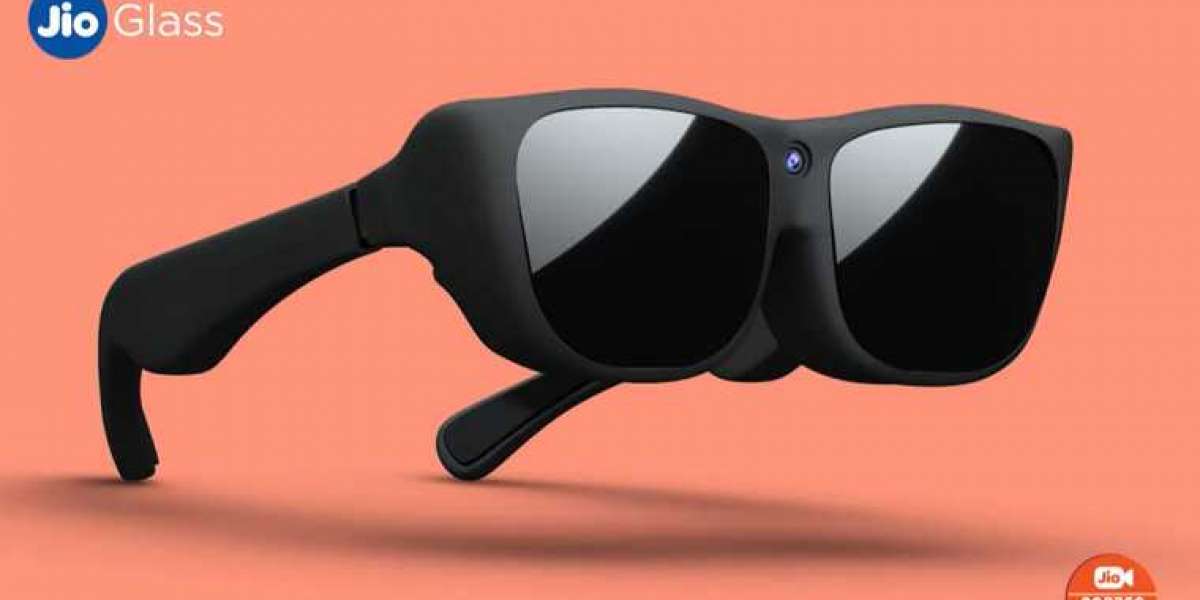Reliance Jio launched its first smart glasses called Jio Glass. Jio Glass is based on mixed reality and powered by both cellular and wireless networks using the paired phone, much like how the recently-launched Snap Spectacles 3 work.
The company is calling them Jio Glass and pitching them as an advanced solution for video conferencing, among other uses. Since Jio Glass will reshape the way people conduct video calls, it is going to be pivotal to Jio's expanding business.
Here are five key things to know about the Jio Glass:
- Jio Glass seems very much like Google Glass but bulkier and chunkier. But it has a closer analogy with the recently launched Spectacles 3 by the parent company of Snapchat. They look robust and trendy, however, the practicality of the design needs to be seen after the smart glasses are available for use. Jio Glass has a thick temple covered with plastic. There are several buttons on it for different functionalities.
- There is no information about the processor used on the Jio Glass but the company has said its smart glasses will be able to run as many as 25 apps while supporting spatial and directional XR audio on its speakers. There will also be two microphones on the glass that will help users while video conferencing. There is a camera in the centre of two frames, right above the bridge, which will click photos and upload them in real-time to any video conference, plus the images can be saved to the paired smartphone.
- Jio Glass will use mixed reality for video conferences and remote communication with people. It is driven by Augmented Reality and Virtual Reality for things such as a 3D holographic image of participants, in addition to their 2D avatar from the regular video feed. Every avatar will appear right in front of the user's eyes in a virtually created environment, such as that of an office or a conference room. The participants will be able to share files and make presentations (in both 2D and 3D formats) while being virtually available in Jio Glass' environment.
- Jio Glass will also be used for virtual classrooms to teach students online. Since the pandemic has forced schools to remain shut country-wide, the education boards and ed-tech companies are bringing solutions to make teaching easier. Jio Glass will offer virtual demonstrations, such as a virtual tour of geographical locations, and online marking of tests in the classroom, which can have as many students as the host wants. Jio is launching its own online education platform called Embibe, which will be integrated with Jio Glass.
- Jio Glass currently supports 25 apps meant for video conferencing and online collaboration. It also supports voice commands for most functions, minimising the need for buttons.







